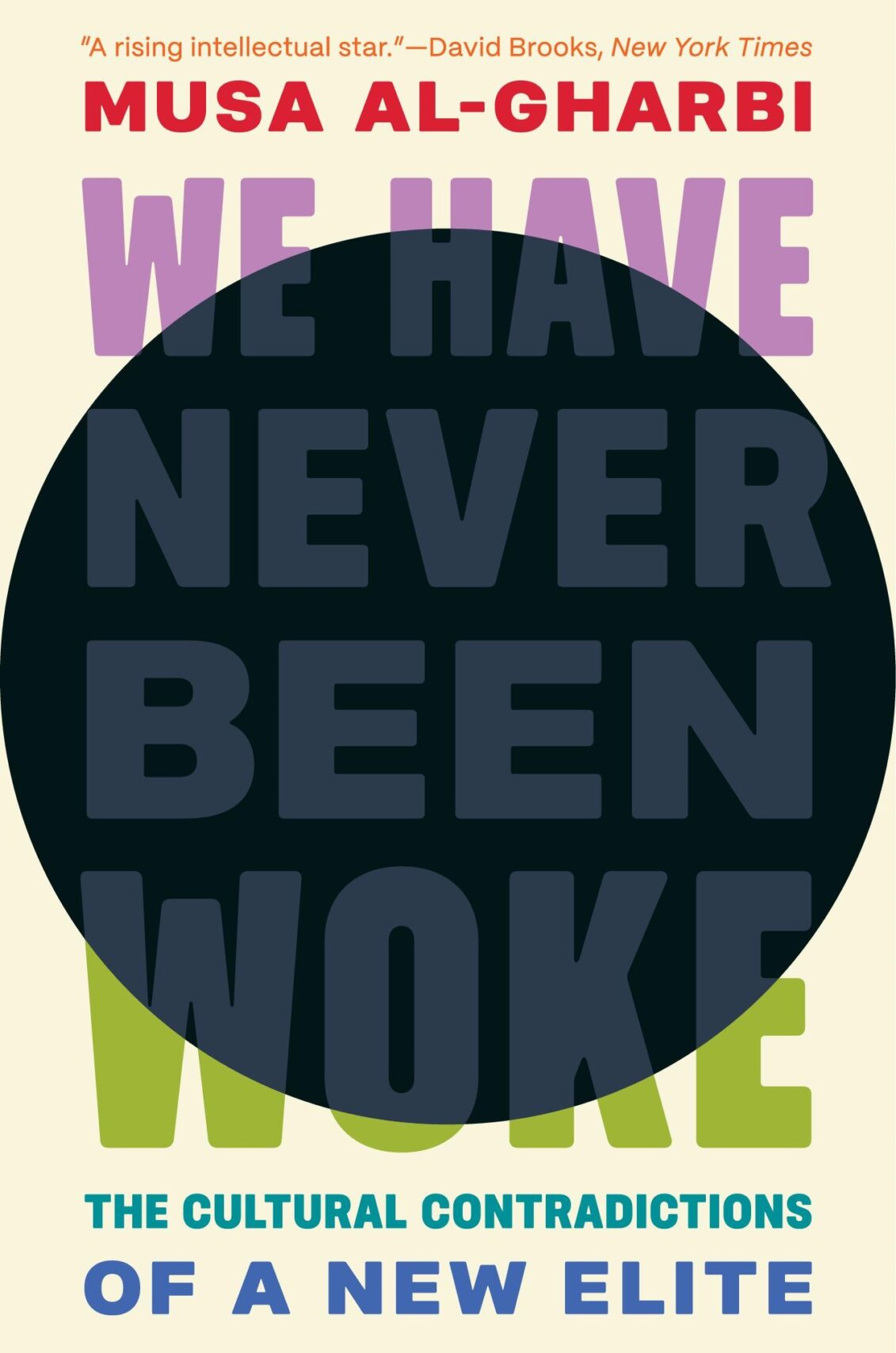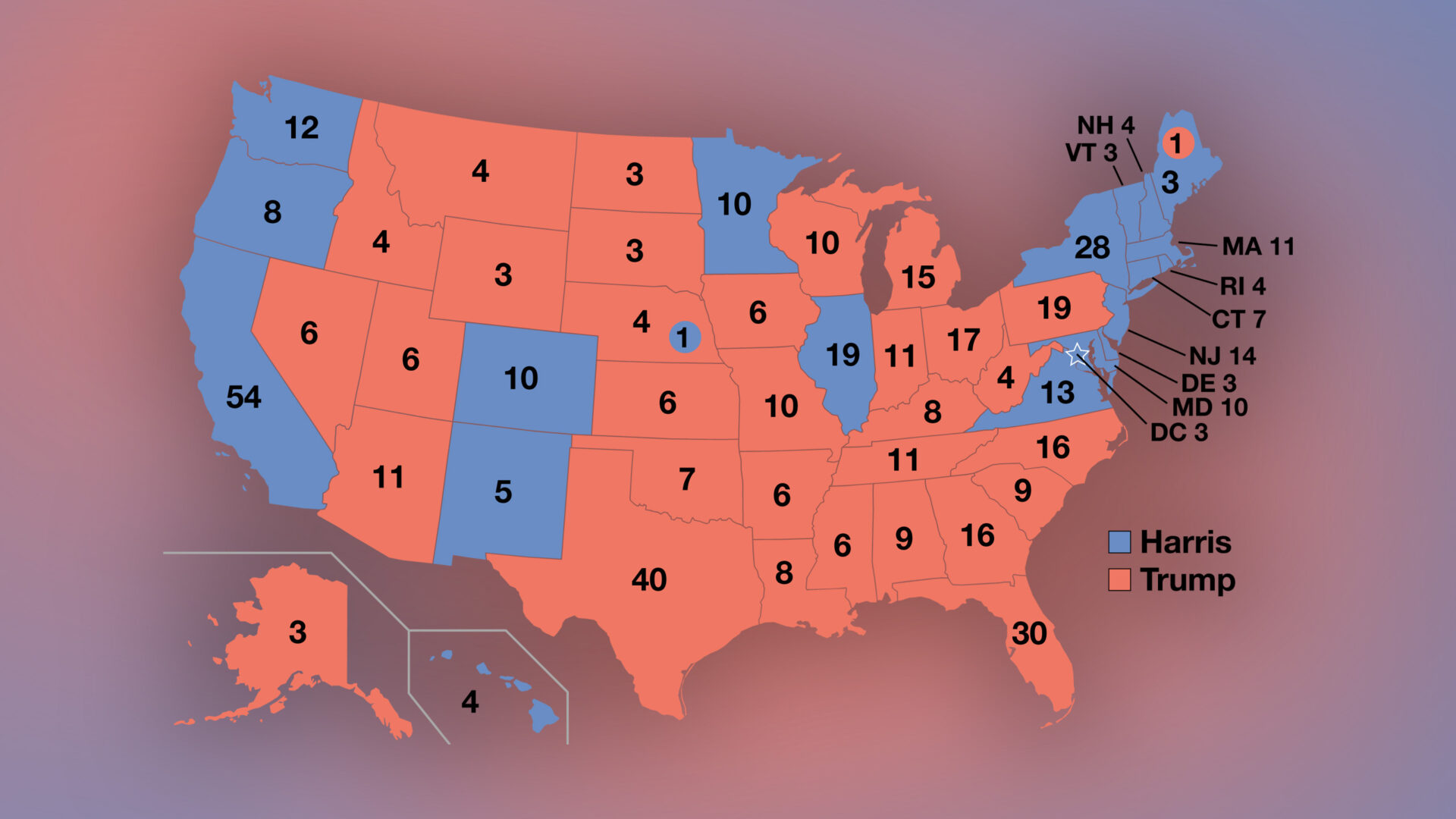At long last, we have a book that unveils the (self-)deceptive and profoundly reactionary ideology of privileged white virtue signalers who have commandeered their way to the heights of (symbolic) power (which is the only power that matters) in the post-industrial United States and crafted narratives of social justice that have further disenfranchised the actual victims of a global economy geared toward the elites. In We Have Never Been Woke, Musa al-Gharbi issues a fire-and-brimstone sermon against the inequalities generated by a symbolic economy while systematically dismantling the dystopian edifice of wokeness, claim by claim, profession by profession, as if he were conducting a cold-blooded and thorough audit of this false social movement. I could feel the rage of Franz Fanon and the scoldings of Christopher Lasch beneath the supremely constrained posture of al-Gharbi as he proceeds on his earth-shattering analysis. As a result of the author’s Herculean task, we now have an anti-woke manifesto that also sets the standard for measuring social justice work under global capitalism for the foreseeable future. Reading We Have Never Been Woke is like reading Karl Marx’s The Communist Manifesto and Capital together. With an arsenal of 45 pages of tightly packed notes and 55 pages of references, We Have Never Been Woke is a masterful work of scholarship by a “rising intellectual star,” as David Brooks aptly put it.

In fact, with the publication of this epoch-making book, al-Gharbi emerges as the most important Muslim-American intellectual of our times, if not in all of American history. He proudly opens his book with a verse from the Qur’an and ends his acknowledgments with the prayer, “May this work and all my work advance the truth and serve His will.” These statements of commitment to Islam already position him outside conventional secular scholarly narratives and sharpen his views of the world around him. There is no doubt that his identity as a biracial American convert to Islam allows him to stay firmly down to earth even as he casts a broad look at his society from the ivory tower of Columbia University, which he attended as a graduate student. It was in such a milieu that he witnessed woke people’s bizarre neuroses and traumas triggered by the election of Donald Trump in 2016, even though the predominantly Democrat master class remained utterly oblivious to the plight of the downtrodden servant class, the “deplorables” in the now famous expression of Hilary Clinton. Al-Gharbi knows that he, too, is a “symbolic capitalist” writing about “symbolic capitalists” for symbolic capitalist readers like me. Still, his complex identity gives him a perspective that is not readily available to his run-of-the-mill American colleagues.
Al-Gharbi knows that the white symbolic capitalists (and their minority accomplices) who rail against racism, sexism, and other forms of discrimination depend on such injustices to signal their virtue, maintain their lifestyles, and dampen revolutionary fervor. If the aristocrats or bourgeois of previous orders felt an obligation to help the rest of society, today’s progressive symbolic capitalists identify with the victims and obliterate the already faint voices of the “genuinely vulnerable, marginalized, disadvantaged, or impoverished.” Adept at controlling and manipulating the “knowledge” or “symbolic” economy, symbolic capitalists (ensconced in their symbolic professions) exert tremendous power over the shape of society by prioritizing lifestyles that reflect their cultural and political preferences. Their “luxury beliefs” (in the words of social psychologist Rob Henderson) allow them to preach tolerance for the unconventional (or, rather, dysfunctional) lifestyles of the less privileged while they adhere to traditional relationships and submit to rigorous diets and fitness regimens. While they often extol creative thinking, symbolic capitalists are, in fact, “conscientious conformists” who abide by institutional dictates, strive to “exceed expectations,” and expect safety and security wherever they go.
The progressive effect generated by woke culture is driven by the diminishing options in an environment of what Peter Turchim termed “elite overproduction.” As al-Gharbi explains it, “Elite overproduction occurs when a society produces too many people who feel entitled to high status and high incomes relative to the capacity of that society to actually absorb them within the power structure. Under these circumstances, growing numbers of frustrated elite aspirants tend to grow bitter towards the prevailing order, and try to form alliances with genuinely marginalized populations in order to depose existing elites and install themselves in their stead. We see this in the contemporary U.S. on the right (faux populists) and the left (pseudo activists).”
The real victims of the political and economic order end up being doubly exploited. African-American leaders like Martin Luther King Jr. and Malcolm X were aware of the duplicitous nature of their white liberal allies. In 1972, James Baldwin observed that while liberals “were lying about their motives and were being blackmailed by their guilt. . . struggling to hold on to what they had acquired.” Most recently, the novelist Ta-Neihisi Coates asked in his book We Were Eight Years in Power, “Why do white people like what I write?” It is a good question since, as Richard Rorty put it, white progressive liberals don’t seem interested in establishing academic programs in “unemployed studies, homeless studies or trailer-park studies because the unemployed, the homeless and residents of trailer parks are not ‘other’ in the relevant sense.” Even more outlandish is the white progressives’ attempt to overcome social stigma by sharing stories of surviving a physical disability or a social handicap while “people who were or are genuinely underprivileged, abused or stigmatized often try to conceal these facts rather than broadcast them.”
Since the subalterns, or what al-Gharbi calls “The Unrepresented,” cannot speak for themselves, there doesn’t appear much hope for them. To redeem themselves, the so-called progressive liberals could take a few steps like adopting a “yes in my backyard” or (YIMBY) attitude when it comes to housing, sending their children to public schools, refraining “from summoning the authorities against people of color in response to petty crimes,” focusing on the local instead of getting lost in lofty global issues, and, finally, adopting “asceticism” as a way of life because “giving of oneself does not impoverish, it enriches.” As minor as these steps may appear to be, they are impossibly utopian for liberal progressives.
Al-Gharbi’s argument is so prescient that it anticipated the return of President Trump and his Unrepresented supporters to reclaim their narratives. The current backlash against wokeness may feel like a reprieve from the false consciousness of white symbolic capitalists and their off-white allies, but this doesn’t mean that the United States is about to usher in an age of values-blind justice. I say “values-blind” to challenge the prevailing notion of “color-blind”: The latter implies adopting uncontested Western values, regardless of skin color or other identity markers. But Western values, shaped by the capitalist industrial revolution, have been the most antithetical to the ascetic spirit al-Gharbi preaches. The rise of the superpowers of artificial intelligence will only make things worse for our already embattled and fragile humanity.
We Have Never Been Woke is an urgent wake-up call to a society in an aggravated state of anomie. Even as we look forward to al-Gharbi’s sequel, we must do everything possible to build on his intellectual foundations to spare future generations the tragedies that have beset us for too long.





Comments are moderated by the editor and may not appear on this discussion until they have been reviewed and deemed appropriate for posting. All information collected is handled in a manner consistent with our privacy policy.